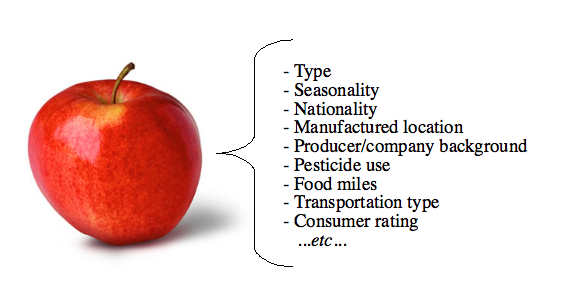Thesis: Knowledge Management Using SpiCE (2016)
The concept of Knowledge Management (KM) has been in a constant state of evolution. Traditionally, KM has been perceived in a couple of distinct yet widely accepted ways. One perspective emphasizes the conversion of data into information and further into knowledge. Another prevalent viewpoint centers on the enhancement of capabilities through learning; it delves into how KM facilitates both individual and collaborative learning, ultimately leading to personal or shared achievements.
This is where SpiCE comes into play — a comprehensive framework for KM that seamlessly weaves together these concepts. SpiCE derives its name from three key components: spime wrangling (inspired by Bruce Sterling), culture of participation (in line with Gerhard Fischer’s ideas), and ethical decision-making (as conceptualized by Ben Mepham and William McDonough).
Within SpiCE, the notion of spime wrangling is harnessed to depict the exploration of data and information. The concept of a culture of participation is integral to SpiCE, representing interactive domains where individual and collective learning and knowledge creation unfold through the exploration of data and information.
To steer the development of sustainable outcomes, SpiCE integrates theories and concepts from the realm of ethical decision making. By doing so, SpiCE navigates the intricate interplay between individuals, processes, and technology, all aimed at fostering the creation of decision-making outcomes that stand the test of time.




